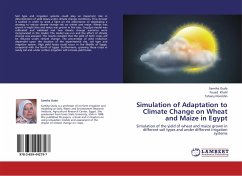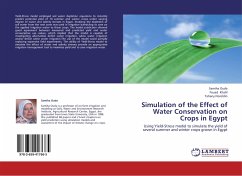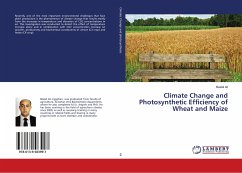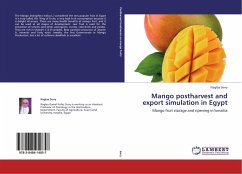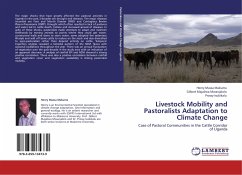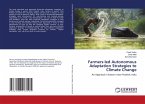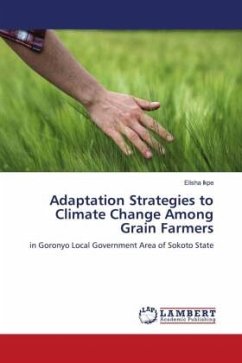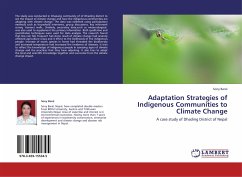Soil type and irrigation systems could play an important role in determination of yield losses under climate change conditions. This concept is tackled in order to shed a light on the importance of developing a strategy to reduce climate change risk on wheat and maize. Wheat was grown in eight sites and maize was grown in five sites. CropSyst model was calibrated and validated and two climate change scenarios were incorporated in the model. The model was run and the effect of climate change was assessed. The results revealed that the yield of both crops will be reduced under climate change. The percentage of yield reduction depended upon the location of the experimental site, soil type and irrigation system. High yield losses could occur in the Middle of Egypt, compared with the North of Egypt. Furthermore, growing these crops in sandy soil and under surface irrigation will increase yield losses.
Bitte wählen Sie Ihr Anliegen aus.
Rechnungen
Retourenschein anfordern
Bestellstatus
Storno

